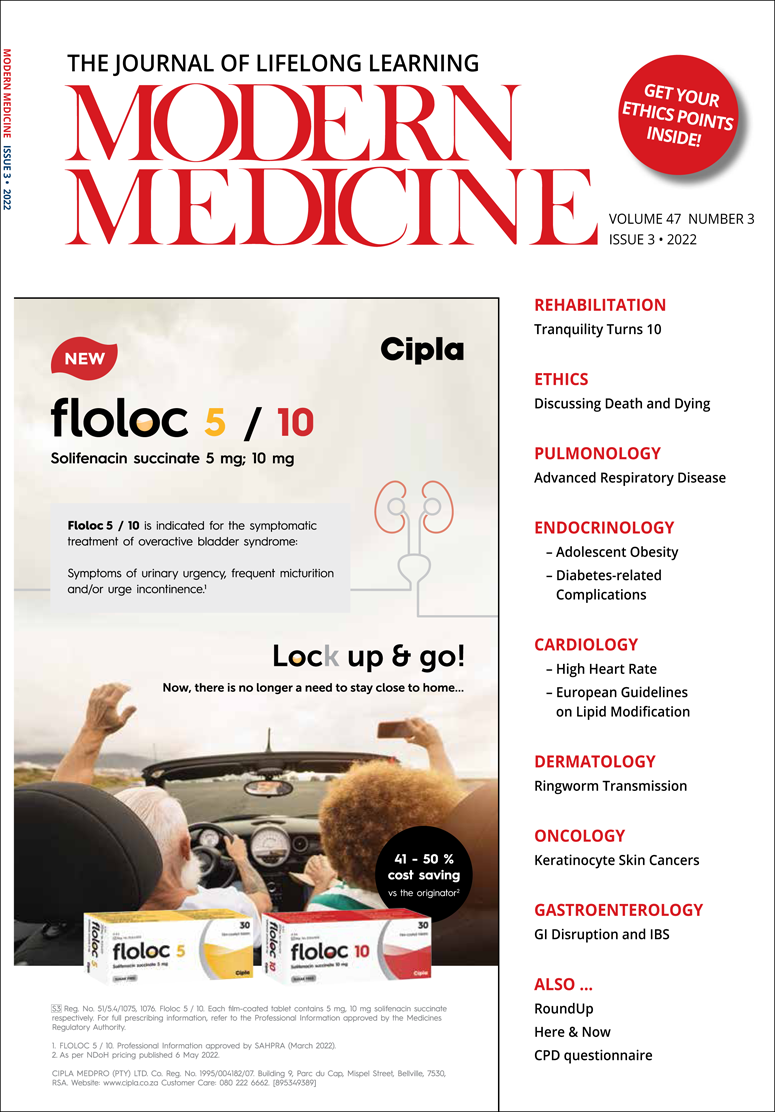Lifestyle and Risk Factors in Haemorrhoidal Disease
Constipation, a low fibre diet, a high Body Mass Index, pregnancy, and a sedentary lifestyle are often assumed to increase the risk of haemorrhoidal disease (HD). However, evidence regarding these factors is controversial. This mini-review aims to examine and critically analyse the association between main risk factors and the prevalence of HD, focusing both on the patient’s clinical history and on a tailored treatment. Moreover, some practical suggestions about lifestyle and conservative approaches are given to help clinicians in the management of patients with HD and to obtain the best results from therapy.
Modern Medicine – Issue 4 2022




